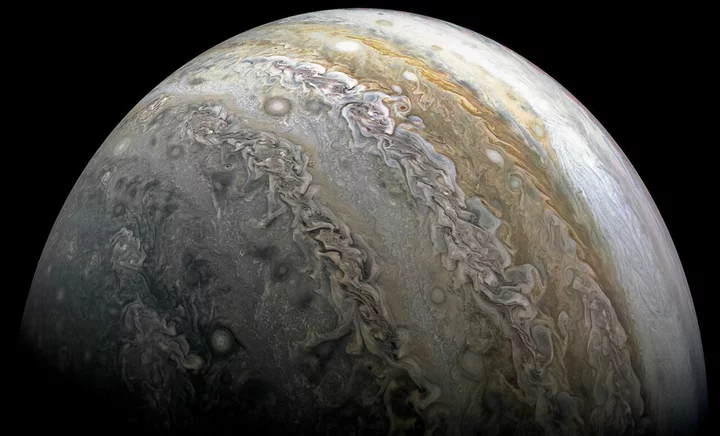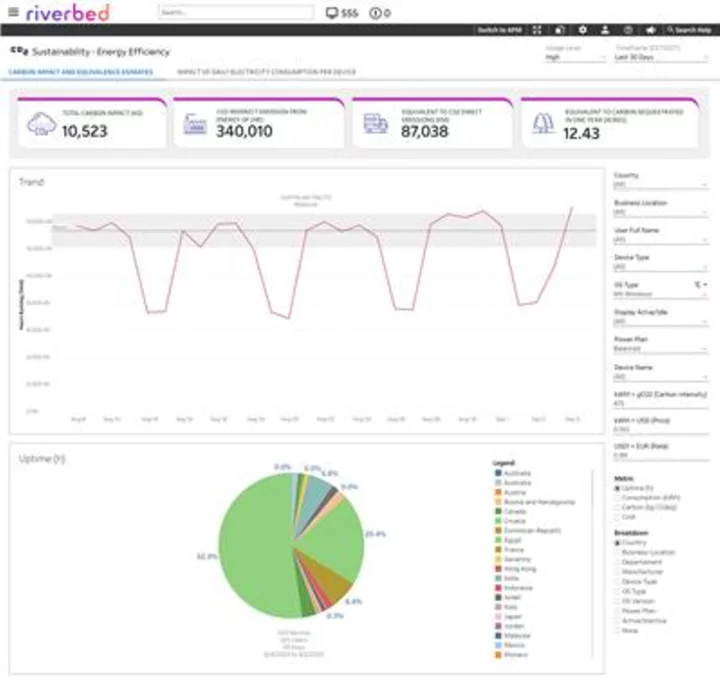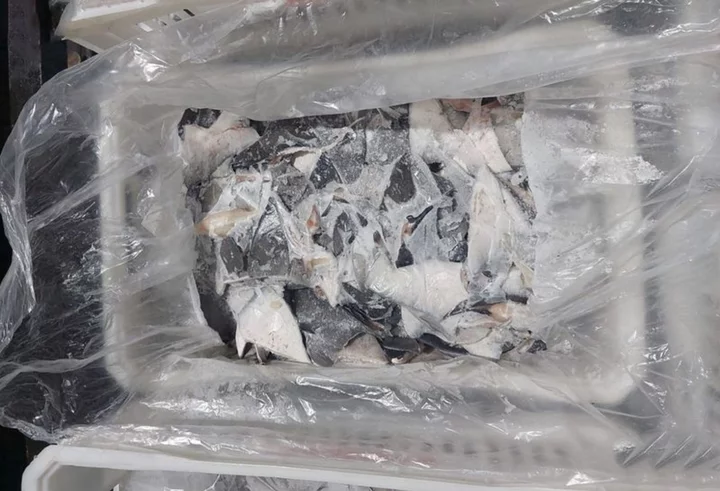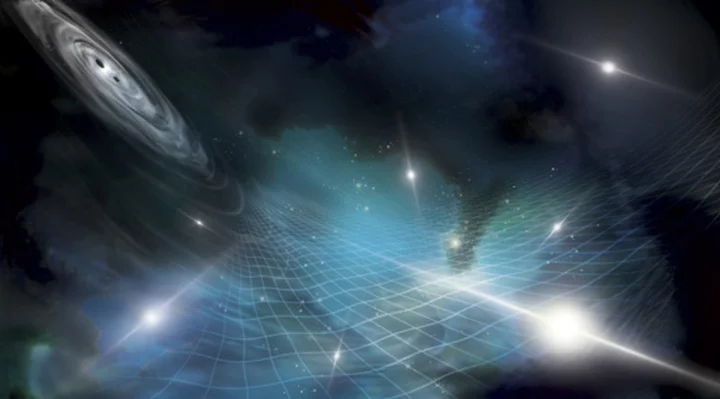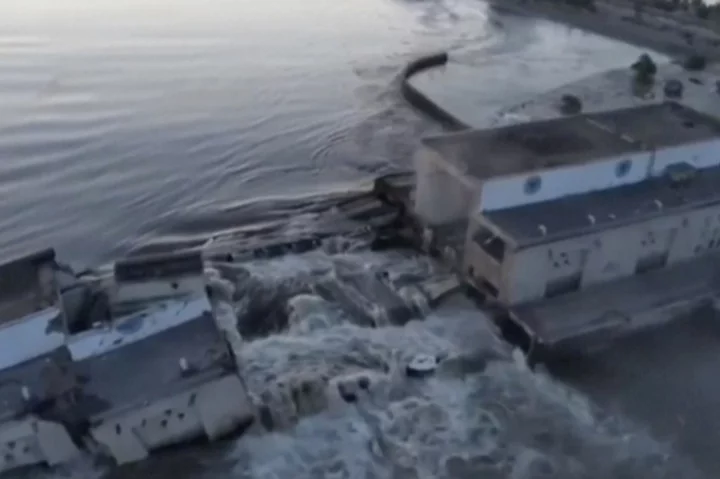Boom.
Amateur astronomers often film Jupiter, the gas giant planet over 300 times more massive than Earth, in order to study activity on the iconic world. In 2021, an observer filmed a space rock colliding with Jupiter, and now a Japanese astronomer has captured another intriguing explosion in the Jovian sky.
The event, posted on X (the site formerly called Twitter) by the account MASA Planetary Log, happened on August 29. You can watch the bright flash below.
What happened? An asteroid, or piece of an asteroid or comet perhaps a few dozen yards across, impacted Jupiter. When it sped through the planet's lofty sky, it slammed into atmospheric molecules, rapidly causing friction and heating up.
"It just melts and explodes," Peter Vereš, an astronomer at the Center for Astrophysics-Harvard & Smithsonian, a collaborative research group between the Smithsonian Astrophysical Observatory and the Harvard College Observatory, told Mashable. "It's pretty much a fireball," he added, referencing the meteors that explode in the sky here on Earth.
SEE ALSO: Distant NASA spacecraft captures breathtaking views of volcano worldFor Jupiter — 11 times wider than our planet — this was a small impact event. Large collisions, like from Comet Shoemaker-Levy 9 in 1994, left dark splotches on the Jovian surface, including one the diameter of Earth.
"It just melts and explodes."This latest event only produced a quick burst of light. But it's vivid.
The story of our solar system is a story of collisions. And it's little surprise sizable objects continually smack into massive Jupiter. It attracts objects, and has almost 100 known moons. "Sometimes people say Jupiter is a giant vacuum [cleaner] in the solar system," Vereš said.
Want more science and tech news delivered straight to your inbox? Sign up for Mashable's Light Speed newsletter today.
Objects hit Earth, too, though on a lesser scale. Every single day about 100 tons of dust and sand-sized particles fall through Earth's atmosphere and promptly burn up. Every year, on average, an "automobile-sized asteroid" plummets through our sky and explodes, explains NASA. Impacts by objects around 460 feet in diameter occur every 10,000 to 20,000 years, and a "dinosaur-killing" impact from a rock perhaps a half-mile across or larger happens on 100-million-year timescales. (In the future, when a colossal rock returns, scientists hope to deflect it.)
Expect more views of space rocks slamming into Jupiter. While most professional, giant telescopes (which devote expensive telescope operating hours to looking into the deep, deep cosmos) don't fixate on the giant world so close to home, some amateur astronomers keep vigilant watch, all through the night (this viewing is often automized). It results in scintillating footage, and a better understanding of our cosmic neighborhood.
"Amateurs around the world can just point and observe," Vereš said. "That's a great advantage."

